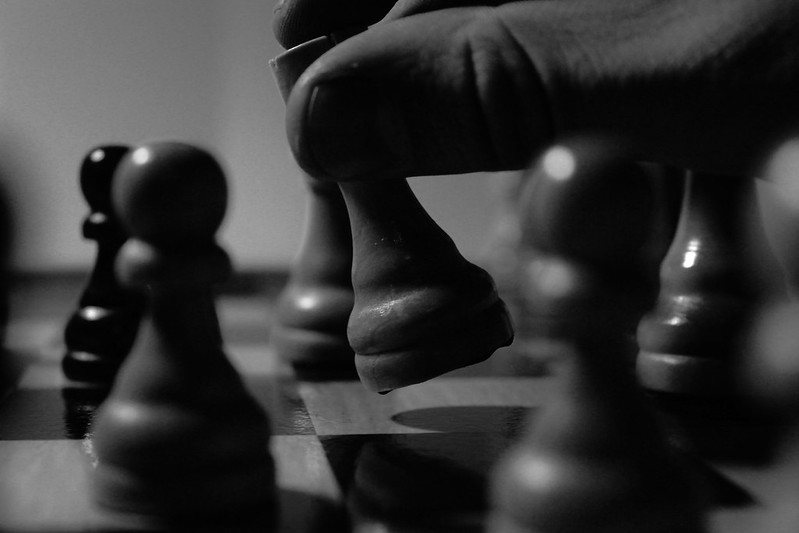Today is International Chess Day.
Chess started to emerge in India in the 600s, but in its modern form, the game seems to represent a battle between two medieval forces in Europe.
Here are a few of the stories about how chess spread far and wide and who was on the board changed over the centuries.
Let’s start with the king, who is the key to winning the game but can’t do a whole lot on his own.
It’s said that when the piece was first devised, the attitude was that kings were wise and benevolent rulers, so they wouldn’t go into battle themselves.
Instead, they would hang back and their generals would run things.
Interestingly, the powerful piece next to the king was not always a queen.
That piece was originally the king’s trusted advisor or counselor.
In its early form it probably wasn’t as versatile as it is now.
The piece became a queen somewhere around the year 1000, possibly to reflect the power of queens at the time, or possibly just because, culturally, they wanted to have a queen standing next to the king.
Somewhere in that time, the second royal on the chessboard also gained a lot of powers.
Knights seem to have always been knights and/or horses.
But rooks have had a bunch of identities over the years.
The name could be derived from an Italian word for fortress.
But it could also come from a Persian word for chariot.
Or it was a little of both!
Rooks have also been cannons, boat, and, possibly, war elephants!
Bishops also took a turn as elephants.
They would also be known as hunters, gunners, military officers, even jesters or fools.
How they ended up as bishops is still unclear.
And as for the most common piece on the board: they’ve been called foot soldiers, peasants and farmers as well as pawns.
But their job – to essentially sacrifice themselves for the greater good – that’s always been their sad lot in chess life.
Today in 1969, humans first landed on the surface of the moon.
Most of the world was in awe, but not everybody.
Pablo Picasso issued the following statement to the New York Times. “It means nothing to me. I have no opinion about it, and I don’t care.”
How did chess pieces get their names? (Big Think)
“It Means Nothing To Me”: Picasso Unimpressed by Moon Landing (Hyperalllergic)
Every move we make is thanks to our Patreon backers. Join them!

